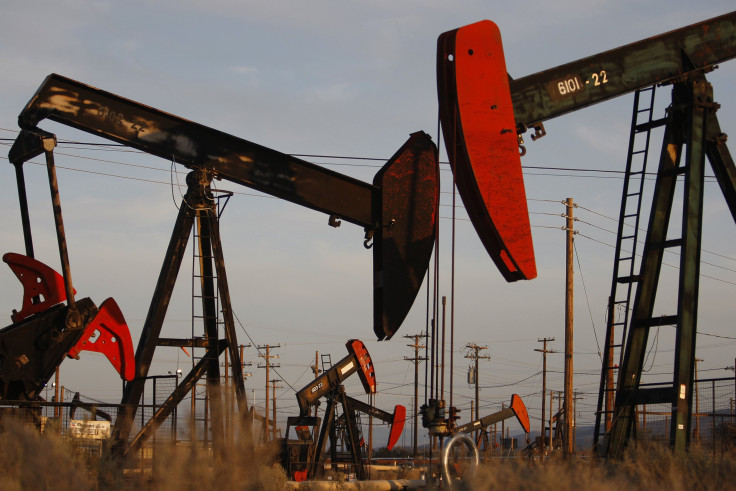Oil Prices 2016 Outlook: Japanese Company Mitsui Looks To Pick Up Distressed Commodities Assets

The Japanese Mitsui & Co. Ltd., the second-largest trading firm in the country by market value, is looking to benefit from continued low oil prices in 2016 by picking up distressed assets, its CEO told the Financial Times Sunday. With prices projected to stay low this year, companies such as Mitsui that are reliant on crude oil and natural gas are seeking to diversify their assets while picking up cheap shares in struggling energy companies.
“If we wait for oil demand to recover, it will take about three years, but we want to avoid conflicting with the oil majors,” Tatsuo Yasunaga said. “It is good timing to find distressed assets that small and midsized players may be pressured to sell off,” he said.
The price of oil plummeted between mid-2014 and 2015, plunging to 11-year lows in December. High levels of supply caused by the shale-oil boom in the U.S. and unusually high production in Middle Eastern countries have contributed to a surplus of oil. Also pressured by decreased demand, especially in developing nations, oil prices fell by 34 percent last year alone, as Agence France-Presse reported.
Businessmen in some of the largest oil-producing countries in the Middle East, including Saudi Arabia, have called for output caps to keep prices from continuing to fall. However, OPEC, one of the most important players in the industry, has refused such production caps, saying prices will come back on their own.
Mitsui’s news broke after BP PLC's top executive said the company anticipates prices will stay low for at least two years. “Prices are going to stay lower for longer. ... I think we are in this for a couple of years,” CEO Bob Dudley told BBC radio Saturday. He added, “For sure, there is a boom-and-bust cycle here.”
© Copyright IBTimes 2024. All rights reserved.












